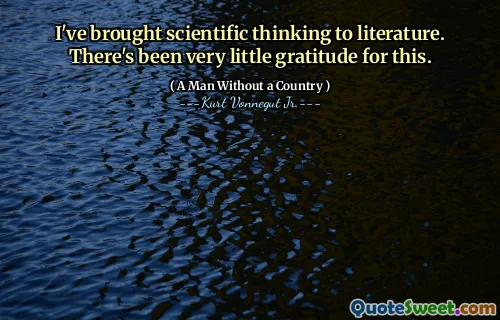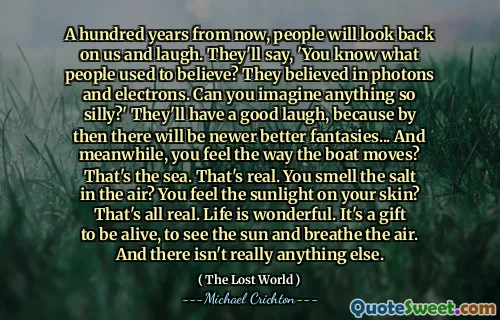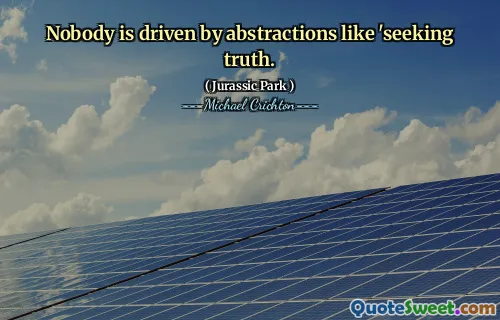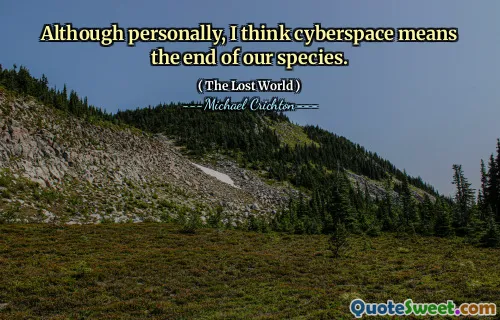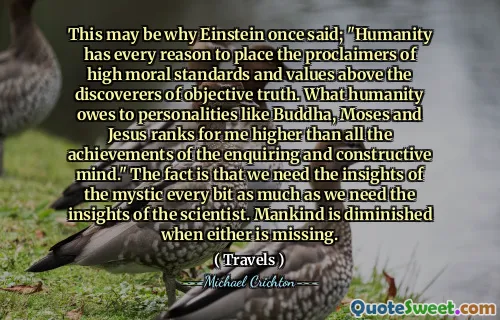
Science asks facts and religion asks faith, humans are confused between life and death.
Throughout history, humanity has grappled with the dichotomy between empirical understanding and spiritual belief. Science, rooted in observation and evidence, seeks tangible facts that can be tested and validated. It provides us with explanations about the universe, the nature of matter, and the mechanisms behind natural phenomena. Conversely, religion operates on faith—trust in the unseen, the divine, and moral principles that often transcend empirical evidence. This fundamental difference can sometimes lead to confusion or conflict within individuals and society, particularly when addressing profound questions about existence, purpose, and mortality. The quote underscores the challenge humans face in reconciling these two ways of understanding life and death—a mystery that lies at the intersection of empirical inquiry and spiritual belief. Life and death are natural phenomena deeply rooted in biological and cosmic processes, yet they also carry philosophical and spiritual significance. People may turn to science to explore the physical mechanisms of death or seek to prolong life, yet the meaning and implications often rest in faith-based perspectives about what lies beyond our physical existence. The confusion arises because our innate curiosity compels us to seek concrete answers, yet the ultimate questions about essence and purpose often surpass empirical proof. A balanced human perspective might involve appreciating the value of scientific inquiry while respecting the faith-based interpretations that give many a sense of hope, peace, and moral grounding. Recognizing when to rely on evidence and when to embrace faith can lead to a more harmonious understanding of life and death, allowing us to navigate existential mysteries with humility and openness.






